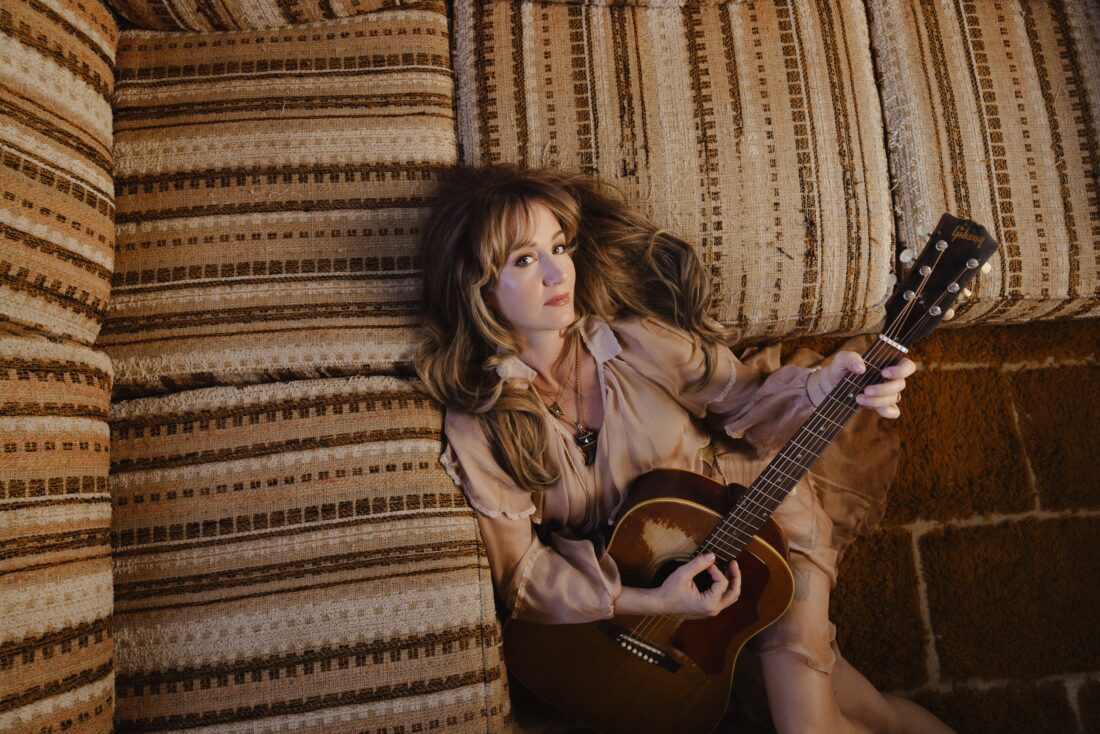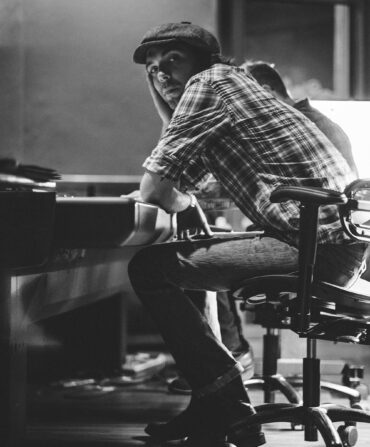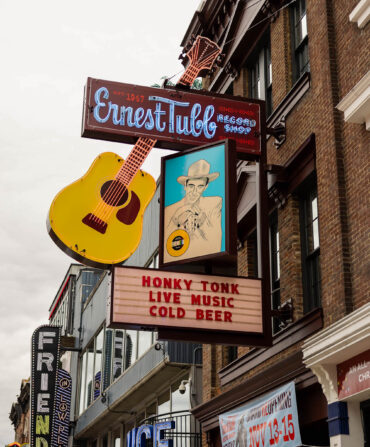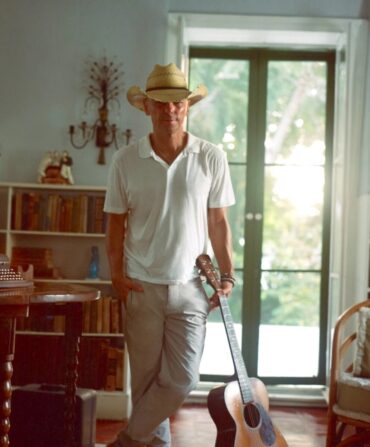For a major recording artist like Nashville singer-songwriter Margo Price, jumping back into the saddle of recording and promoting a new album is the start of a long stretch away from home. That’s why on the eve of releasing her fifth album, Hard Headed Woman (out today), and deep into the dog days of summer, she’s already curating a winter garden of bulbs, tubers, and taproot veggies.
Luckily, Price was home this summer when her prized heirloom tomatoes—the striated Mr. Stripey, colorful Cherokee purple, and exotic pineapple tomato varieties, grown in raised log beds she built from fallen pine trees—were ready to enjoy on BLTs and served with basil and balsamic.
“This year my heirlooms just popped off in a way that I was so excited about,” says Price, a Farm Aid board member since 2021 alongside her friend Willie Nelson. “I had to be home from touring during that time, as well, so I got to enjoy them. Because as we know, the heirlooms just kind of come once and then they’re gone.”

Price was in a similarly organic frame of mind when it came time to dream up her game plan for Hard Headed Woman. Reunited with producer Matt Ross-Spang, who helmed the controls on her acclaimed first two albums, she dialed back the wide-pupiled, psychedelic roots-pop of her 2023 long-player, Strays, for a return to her countrified sweet spot.
Scaling down the sound only strengthens the impact of the tightly constructed tunes on Hard Headed Woman. Standout “Don’t Let the Bastards Get You Down,” co-written with her husband, Jeremy Ivey, and ace songsmith Rodney Crowell, is a playful, two-steppin’ kiss-off about following your own path, while “Love Me Like You Used To” pairs Price with Tyler Childers for a bleary-eyed, waltzing barroom ballad.
We checked in with Americana music’s resident green thumb to find out how she raised up Hard Headed Woman.
Hard Headed Woman has a more organic country sound than your last record. What brought you back to your roots?
I found myself kind of missing the lack of budget that I had in those early days when I just had the acoustic guitar and the song and could pull it off that way. Sometimes having limited tools makes you home in on the lyricism a bit more. But also, I’ve lived in Nashville my whole [adult] life and I’ve been in a way running from the “Nashville Sound” because I just felt like being obstinate. Nashville and country music are a huge part of my DNA, so I wanted to embrace it and go to the best studio in town [RCA Studio A]. I mean, Dolly Parton is such a massive influence on me, so it really made sense to be like, okay, this is where Dolly recorded her most prolific works—that’s the studio I want to be in.

“Don’t Let the Bastards Get You Down” is a rowdy anthem of independence. How did that come together?
My husband and I started writing it in a hotel room for a movie that never happened. It came together really quickly, but the lyrics were never quite right. Once I started getting all the other songs for the record together, we took it to [Texas-born singer-songwriter] Rodney Crowell, and he really helped us get some great turns of phrases, Southern colloquialisms, and Texas-isms in there that make it so fun to sing. I’ve loved Rodney’s writing for so long. My husband’s from Texas too, and so to have the two of them sitting there swapping a lot of these fun lines was just a dream come true for us.
You played the album for Willie Nelson. Even though he’s a friend, that must have been intimidating. Did he share any feedback?
I passed the aux cable with Willie at Thanksgiving, and he played me a bunch of his new album he was working on, which was a covers album of all Rodney Crowell songs [Oh What a Beautiful World, released April 2025]. We both were sharing these things that Rodney wrote and influenced, and it was so fun. I think Willie appreciated the ballads a lot. My husband and I wrote this song called “Close to You” that lyrically is something we’re both very proud of. It’s easy to get the singles and the bangers—everybody likes those—but Rodney and Emmylou [Harris] and Willie were all very complimentary when hearing “Close to You” and “Nowhere Is Where”—a couple of those more ballad-like B sides. You could see Willie really leaning in and listening to the words. It was the best vote of confidence.








